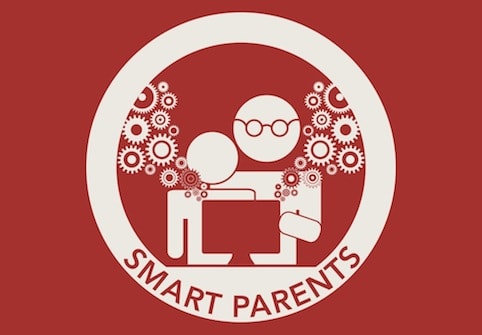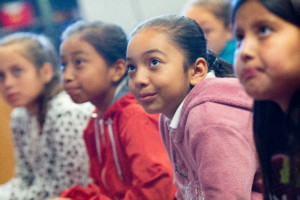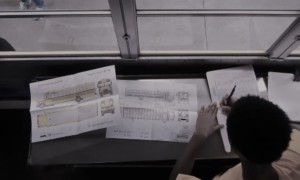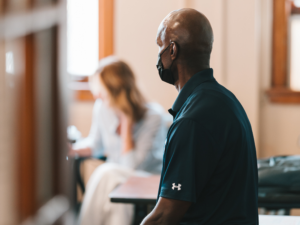Mississippi Mother: “I was not going to let my sons become yet another tragic statistic.”

This blog first appeared on The EdFly Blog.
Debra Dye
My sons are intelligent, curious and creative. Their dyslexia does not define their abilities or their dreams. But sadly, not every child has the same opportunity to be as successful as possible in education and in life.
The largest achievement gap in America exists between children with disabilities and their peers without disabilities. In Mississippi, only 23 percent of students with a disability earn a high school diploma, according to a 2014 series published by The Clarion-Ledger of Jackson, Mississippi.
As a taxpayer, this is irritating. As a parent, it is heartbreaking.
My sons – Marshall, grade seven, and Cooper, grade four – have bright futures. Something every Mississippi student deserves.
Both of my boys started out attending a public school. Marshall and Cooper both tested above average for IQ, but their dyslexia made teaching a challenge and their local school was simply unable to meet their special learning needs. At home, we had to spend several hours every night re-teaching what they had learned in class that day. Even with all this extra effort they continued to fall further and further behind their classmates.
My sons were not receiving the interventions they needed. And I was not going to let them become yet another tragic statistic.
So we enrolled both boys in a private school. We love the school. Not only do my sons get to learn in smaller classes, but they are often pulled aside for one-on-one instruction. Their new school uses the Orton-Gillingham instructional approach with reading and emphasizes the strengths that children with dyslexia have.
The benefits of this new school are significant, but so is the financial burden for the school’s tuition. Unfortunately the cost of a custom-made education is not an option for every parent, yet the prospect of a 23 percent chance at graduation is not an option either.
A year ago Mississippi lawmakers considered legislation to cover the cost of this education, therapies, tutoring, textbooks and other services for Mississippi’s students with special needs. That legislation failed by a narrow margin on the last day of the legislative session, but the discussion has continued on in community forums and in the media.
Both Florida and Arizona have similar funds for students with disabilities, and the programs are empowering parents to select the right combination of support to unlock learning and opportunities for their children. Another dozen states are considering various solutions to empower parents. Mississippi needs to stay at the forefront of finding solutions for these students who are fully capable of learning, but are so often overlooked and underserved.
In 1997, only 17 percent of young Mississippians with disabilities were graduating from high school. Today, that number is 23 percent. That is not progress. That is a tragedy.
I know for a fact that Mississippi’s students with special needs can learn, can graduate and can succeed in life. If these students can do better, then Mississippi can and must do better.
Debra Dye lives in Desoto County, Mississippi. She is the mother of three children. Her sons, Marshall and Cooper have been diagnosed with dyslexia.
This blog was reposted as part of the “Smart Parents” series sponsored by Nellie Mae Education Foundation. The series and culminating book, tentatively titled “Parenting for Powerful Learning,” will act as a resource to guide parents in creating, choosing and advocating for powerful, student-centered learning experiences for their children. If you have stories to tell about your own decision-making processes as a parent helping your student to navigate through their educational journey, email us using info@gettingsmart.com with subject line “Smart Parents” and follow the conversation using #SmartParents on Twitter. For more information about the project see Calling All Smart Parents.








0 Comments
Leave a Comment
Your email address will not be published. All fields are required.